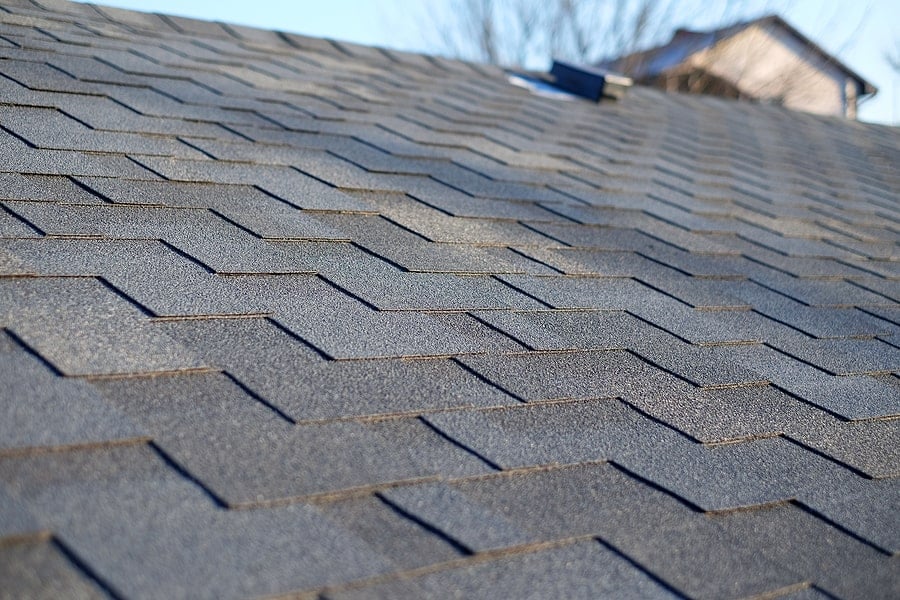In Florida, the lifespan of your roof is a crucial concern. The state’s unique climate presents challenges that can affect roof longevity.
Understanding how long roofs last in Florida can help you make informed decisions. These decisions can range from choosing the right materials to implementing effective maintenance strategies.
This article aims to provide insights into the lifespan of different roofing materials in Florida. We’ll delve into how long tile roofs and metal roofs typically last in the Sunshine State.
Moreover, we’ll offer actionable advice on how to extend the life of your roof. From regular maintenance practices to preparing for Florida’s climate challenges, we’ve got you covered.
Whether you’re a homeowner, a real estate investor, or a property manager, this guide is for you.

Stay with us as we explore how to maximize the longevity of your roof in Florida.
Understanding Florida’s Roof Lifespan
The lifespan of a roof in Florida can vary greatly. It depends on several factors, including the type of roofing material used and the quality of installation.
On average, roofs in Florida can last anywhere from 15 to 50 years. However, this is a broad range and the actual lifespan can be significantly influenced by Florida’s unique climate conditions.
For instance, the state’s high heat and humidity can accelerate the aging process of roofing materials. Additionally, Florida’s hurricane season can cause significant damage to roofs, shortening their lifespan.
Here are some average lifespans for common roofing materials in Florida:
- Asphalt shingles: 15-20 years
- Metal roofs: 30-50 years
- Tile roofs: 25-50 years
Factors Affecting Roof Longevity in Florida
Florida’s climate is a major factor affecting roof longevity. The state’s high heat and humidity can cause roofing materials to deteriorate faster.
Moreover, Florida is prone to hurricanes and storms. These can cause significant damage to roofs, potentially shortening their lifespan.
Sun exposure is another factor to consider. Prolonged exposure to the sun’s UV rays can cause roofing materials to fade and degrade over time.
Maintenance is also crucial. Regular inspections and prompt repairs can help extend the life of your roof.
Lastly, the quality of installation plays a significant role. A poorly installed roof may not last as long as it should, regardless of the material used.
Average Lifespan of Different Roof Types
Different roofing materials have different lifespans. In Florida, the most common roofing materials are asphalt shingles, metal roofs, and tile roofs.
Asphalt shingles are the most common roofing material in Florida. They are relatively affordable and easy to install. However, they have the shortest lifespan, typically lasting 15-20 years.
Metal roofs, on the other hand, are more durable. They can withstand Florida’s harsh weather conditions and can last 30-50 years.
Tile roofs are also a popular choice in Florida. They are aesthetically pleasing and highly durable, with a lifespan of 25-50 years.
How Long Do Tile Roofs Last in Florida?
Tile roofs are a popular choice in Florida due to their durability and aesthetic appeal. They can withstand Florida’s harsh weather conditions and have a long lifespan.
On average, tile roofs in Florida can last 25-50 years. However, this can vary depending on factors such as maintenance and exposure to extreme weather.
With proper care and maintenance, tile roofs can even exceed their average lifespan.
How Long Do Metal Roofs Last in Florida?
Metal roofs are known for their durability and longevity. They are resistant to many of the weather conditions that Florida is known for, such as high heat and hurricanes.
On average, metal roofs in Florida can last 30-50 years. However, with proper maintenance, they can last even longer.
It’s important to note that the lifespan of a metal roof can be significantly affected by factors such as the quality of installation and the type of metal used.
Maintenance Tips to Prolong Your Roof’s Life
Proper maintenance is key to extending the life of your roof. It can help prevent minor issues from turning into major problems that require costly repairs or replacement.
Regular inspections, prompt repairs, proper cleaning, and good ventilation and insulation are all part of a comprehensive roof maintenance plan.
By taking care of your roof, you can ensure it lasts as long as possible, saving you money and hassle in the long run.
Regular Inspections and Repairs
Regular inspections are crucial for maintaining your roof’s health. They can help identify potential issues before they become serious problems.
If you notice any signs of damage, such as missing or damaged shingles, leaks, or mold growth, it’s important to address them promptly.
Delaying repairs can lead to more extensive damage and shorten your roof’s lifespan.
Proper Cleaning and Debris Management
Keeping your roof clean is another important aspect of maintenance. Debris such as leaves, branches, and dirt can accumulate on your roof and lead to issues like mold growth and water damage.
Regular cleaning can help prevent these problems and extend the life of your roof.
Ventilation and Insulation
Proper ventilation and insulation are crucial for maintaining your roof’s health. They help regulate temperature and moisture levels in your attic, preventing issues like mold growth and wood rot.
By ensuring your roof is well-ventilated and insulated, you can help extend its lifespan and improve your home’s energy efficiency.
Choosing the Right Materials and Installation
The materials you choose for your roof and the quality of the installation can significantly impact its lifespan. Both factors should be carefully considered when installing or replacing a roof.
Importance of Quality Materials
Quality materials are more likely to withstand Florida’s harsh weather conditions. They can resist damage from the sun, wind, and rain, ensuring your roof lasts longer.
Investing in high-quality roofing materials can save you money in the long run by reducing the need for frequent repairs or replacement.
The Role of Professional Installation
Professional installation is just as important as choosing quality materials. A poorly installed roof can lead to a host of problems, from leaks to structural damage.
Hiring a licensed and experienced roofing contractor can ensure your roof is installed correctly, helping to maximize its lifespan and protect your home.
Preparing for Florida’s Climate Challenges
Florida’s climate presents unique challenges for roofs. From intense sun exposure to hurricane-force winds, your roof must be prepared to withstand these conditions.
Hurricane and Storm Preparedness
Hurricanes and storms can cause significant damage to roofs. It’s crucial to ensure your roof is designed to withstand high winds and heavy rain.
Regular inspections can identify potential weak points before a storm hits, reducing the risk of serious damage.
Heat and UV Protection Strategies
Florida’s intense sun can cause roofs to degrade faster. Implementing strategies to protect your roof from heat and UV radiation is essential.
Consider using reflective coatings or materials that can reduce heat absorption, helping to extend the lifespan of your roof.
Conclusion: Maximizing Roof Longevity in Florida
Understanding the lifespan of roofs in Florida and the factors that influence it is key to maximizing your roof’s longevity. By choosing the right materials, ensuring proper installation, and maintaining regular inspections and repairs, you can significantly extend the life of your roof.
Remember, a well-maintained roof not only protects your home but also enhances its value. Invest time and effort in roof care, and it will pay off in the long run.
For professional roofing services and expert advice, visit ajwellsroofing.com or call us at 904-553-0069. Let Aj Wells Roofing help you keep your roof in top condition!




